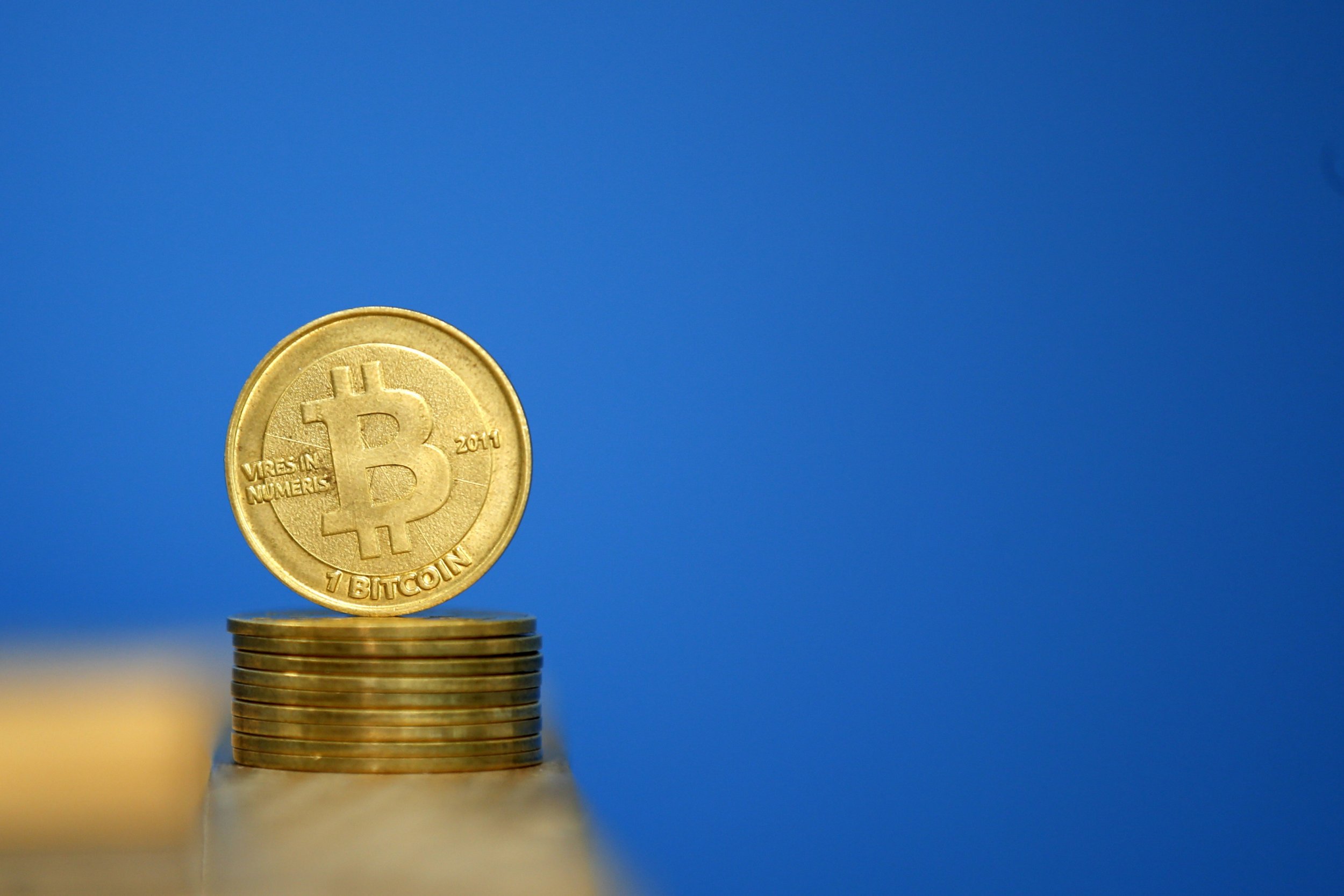
A Kurdish region of Syria that borders territory held by the Islamic State militant group (ISIS) has received an $11,000 donation in allegedly stolen bitcoin from a vigilante hacker.
The pseudonymous Phineas Fisher donated 25 bitcoins to a crowdfunding campaign set up by members of the Rojava region's economic committee, described by Fisher as "one of the most inspiring revolutionary projects in the world."
Fisher claims that the bitcoin donation, recorded publicly on the blockchain ledger and listed on the crowdfunding campaign page, came from hacking into a bank.
"The money did come from robbing a bank," Fisher wrote in a Reddit post on Wednesday. "Bank robbing is more viable than ever, it's just done differently these days."
Rojava is one of the most inspiring revolutionary projects in the world today. I just donated 10000€ in bitcoin https://t.co/2ubZctplSy
— Hack Back! (@GammaGroupPR) May 5, 2016
In an interview with Ars Technica, Fisher declined to give more details about which bank was targeted, alluding instead to much larger donations to come. Fisher said: "There's hopefully a few orders of magnitude on the way."
Fisher has previously claimed responsibility for attacking a controversial firm that sells spying tools to governments. Hacking Team was breached in 2015, exposing more than 400GB of highly sensitive data about clients and operations.
Following the hack, Fisher published a "DIY Guide to Hacking" that outlined his reasons for targeting Hacking Team and instructions on how not to get caught.
"Hacker culture was born in the U.S. as a counterculture, but that origin only remains in its aesthetics—the rest has been assimilated," Phineas Phisher wrote in the guide. "At least they can wear a t-shirt, dye their hair blue, use their hacker names, and feel like rebels while they work for the Man.
"You used to have to sneak into offices to leak documents. You used to need a gun to rob a bank. Now you can do both from bed with a laptop in your hand."
Rojava Plan, the beneficiaries of Fisher's donation were not available for comment. According to its campaign page, the money will go towards "feeding the revolution" after much needed imports were cut off as a result of the conflict with ISIS.
Reddit users called Fisher "a hero" for his actions and encouraged similar fund expropriation from banks to good causes.
"Unfortunately, our world is backwards," Phisher said in his hacking guide. "You get rich by doing bad things and go to jail for doing good.
"Leaking documents, expropriating money from banks, and working to secure the computers of ordinary people is ethical hacking. However, most people that call themselves 'ethical hackers' just work to secure those who pay their high consulting fees, who are often those most deserving to be hacked."
Uncommon Knowledge
Newsweek is committed to challenging conventional wisdom and finding connections in the search for common ground.
Newsweek is committed to challenging conventional wisdom and finding connections in the search for common ground.
About the writer
Anthony Cuthbertson is a staff writer at Newsweek, based in London.
Anthony's awards include Digital Writer of the Year (Online ... Read more
To read how Newsweek uses AI as a newsroom tool, Click here.








